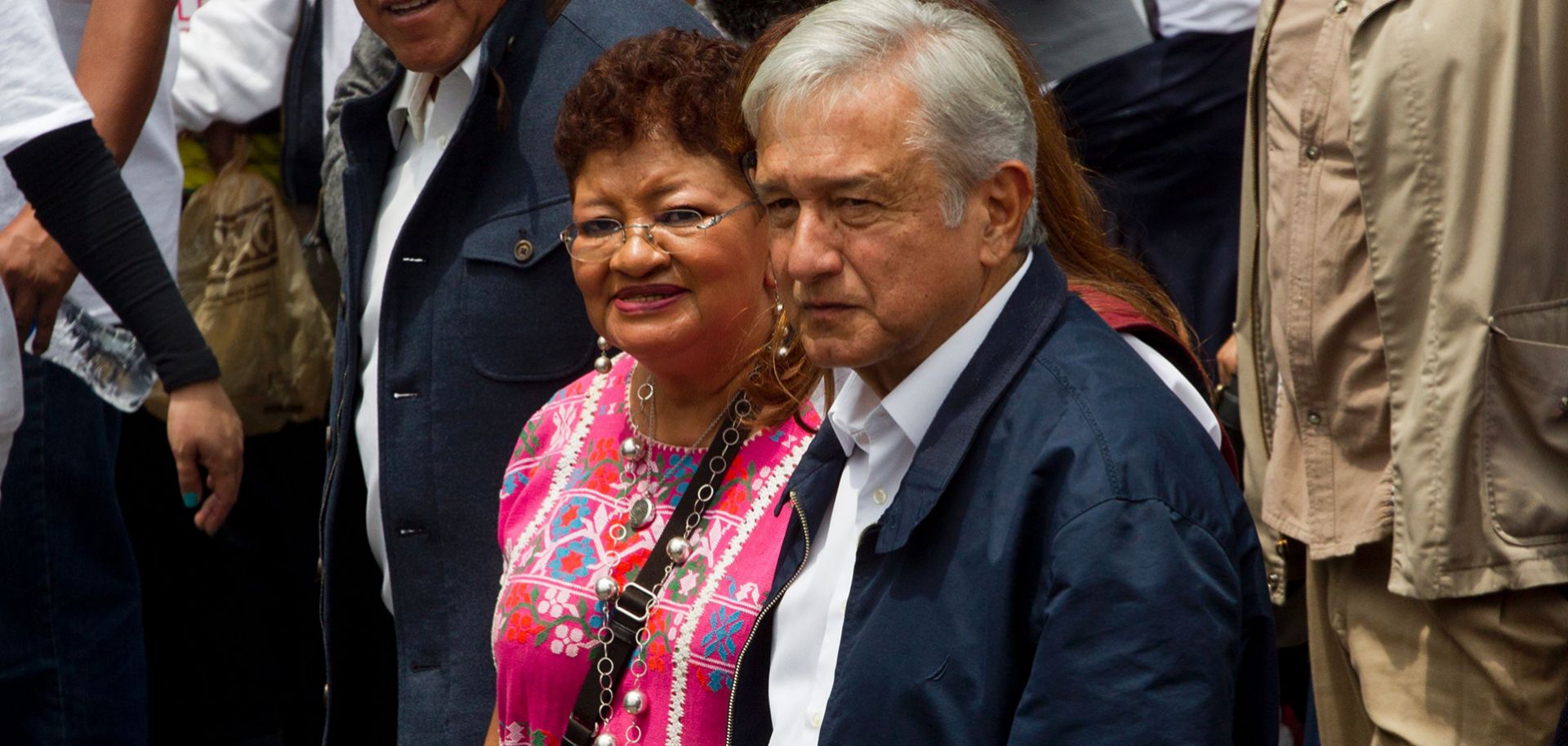ASSESSMENTS
What a Divided Legislature Means for Mexico
Aug 5, 2016 | 09:00 GMT

(HECTOR GUERRERO/AFP/Getty Images)
Summary
In Mexico, preparations are already underway for the next presidential election, now less than two years away. Over the next year and a half, Mexico's political parties will select candidates to represent them in the 2018 election, which stands to shake up the country's economic and political status quo more so than previous races. With three or four major political parties vying for office, the contest may be the most competitive presidential race in Mexico's recent history. The current president, Enrique Pena Nieto, is not eligible for re-election, and after decades of waning popularity, the approval ratings of the ruling Institutional Revolutionary Party (PRI) are relatively low.
Now, the explicitly populist National Regeneration Movement (Morena) party, led by two-time leftist presidential candidate Andres Manuel Lopez Obrador, increasingly appears capable of making a credible bid for the presidency, a worrisome prospect for foreign business interests in Mexico. Nonetheless, Mexico's split legislature and reliance on foreign investment would limit his ability, should he win, to change the country's political and economic course.
Subscribe Now
SubscribeAlready have an account?
